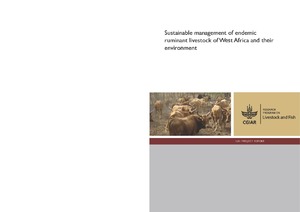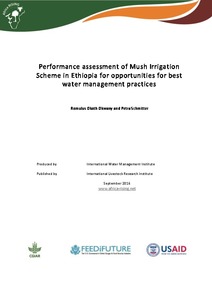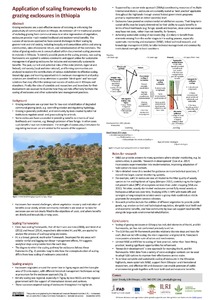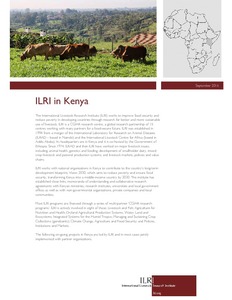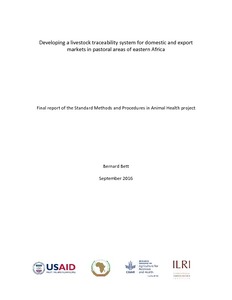Location
Vision, mission and strategy
ILRI's strategy 2013-2022 was approved in December 2012. It emerged from a wide processof consultation and engagement.
ILRI envisions... a world where all people have access to enough food and livelihood options to fulfil their potential.
ILRI’s mission is... to improve food and nutritional security and to reduce poverty in developing countries through research for efficient, safe and sustainable use of livestock—ensuring better lives through livestock.
ILRI’s three strategic objectives are:
- with partners, to develop, test, adapt and promote science-based practices that—being sustainable and scalable—achieve better lives through livestock.
- with partners,to provide compelling scientific evidence in ways that persuade decision-makers—from farms to boardrooms and parliaments—that smarter policies and bigger livestock investments can deliver significant socio-economic, health and environmental dividends to both poor nations and households.
- with partners,to increase capacity among ILRI’s key stakeholders to make better use of livestock science and investments for better lives through livestock.
This is ILRI’s second ten-year strategy. It incorporates a number of changes, many based on learning from the previous strategy (2000–2010, initially produced in 2000 and modified in 2002), an interim strategy (2011–2012) and an assessment of the external and internal environments in which the institute operates.
Members:
Resources
Displaying 136 - 140 of 1152Sustainable management of endemic ruminant livestock of West Africa and their environment
Performance assessment of Mush Irrigation Scheme in Ethiopia for opportunities for best water management practices
Application of scaling frameworks to grazing exclosures in Ethiopia
Grazing exclosures are a cost-effective means of restoring or enhancing the productivity of communal lands in Ethiopia. An extension of the traditional practice of excluding grazing from communal areas to enable regeneration of vegetation, exclosures provide much needed livelihood and environmental benefits. The success of the exclosure approach faces several challenges to their scaling by government and civil society, including inequity and competition within and among communities, rates of economic return, and individualisation of the commons.


